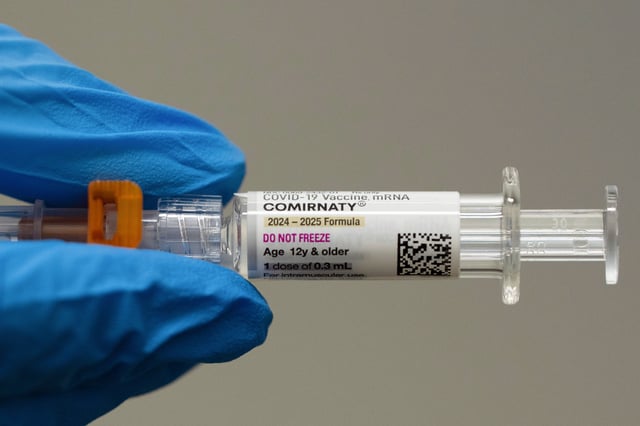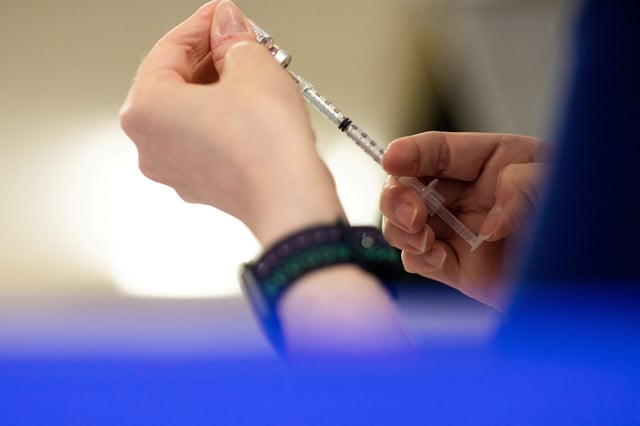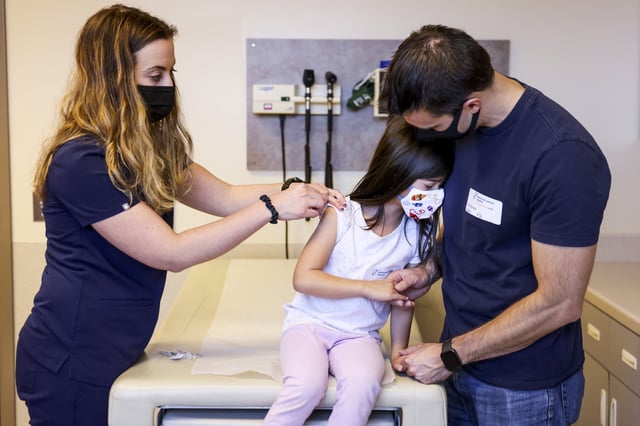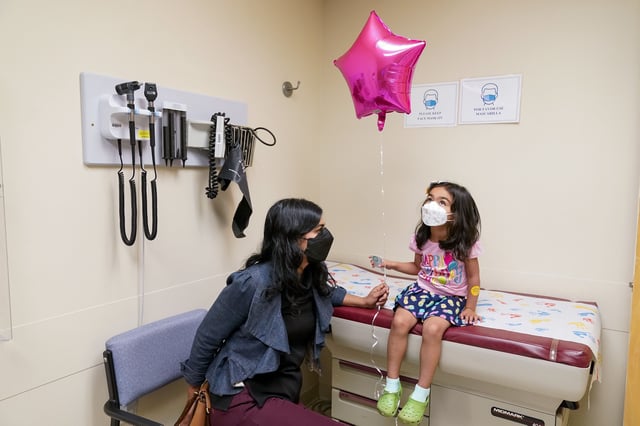Overview
- The American Academy of Pediatrics now advises COVID-19 vaccination for all children ages 6 to 23 months, citing higher hospitalization risk in that group.
- For ages 2 to 18, the AAP recommends a single dose for children at higher risk, those never vaccinated, residents of congregate settings, or those living with high‑risk people, and says vaccines should be available if parents request them.
- The stance contrasts with current CDC policy, which since May has stopped routine recommendations for healthy children and frames shots as a shared decision between parents and clinicians.
- Access could tighten this fall, as the FDA has signaled it may limit future authorizations to older and high‑risk groups and may not renew Pfizer’s authorization for children under 5, according to news reports.
- The split raises coverage questions because insurers and the Vaccines for Children program typically follow ACIP recommendations, while the AAP and other medical groups have sued HHS over the panel’s reorganization and the removal of routine guidance.



